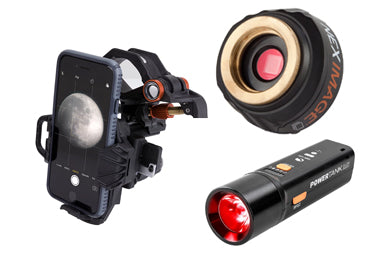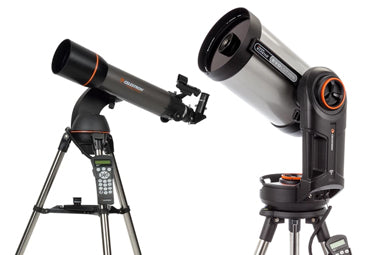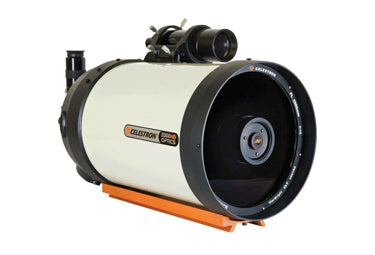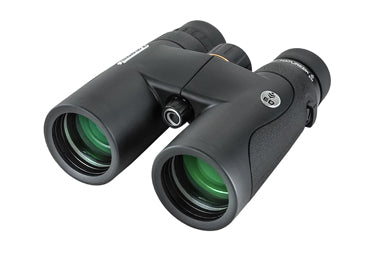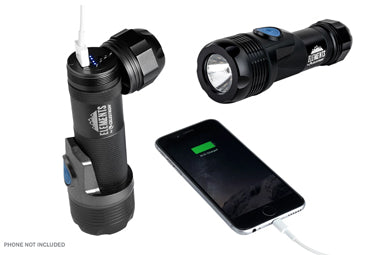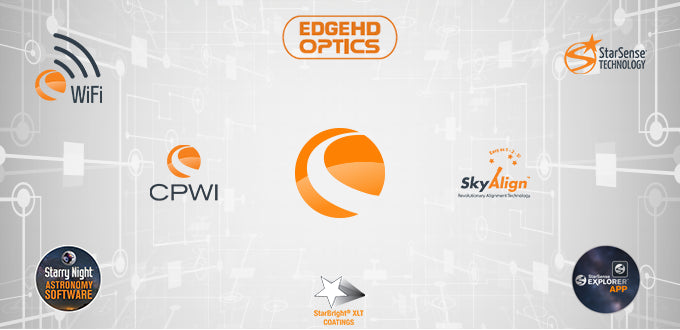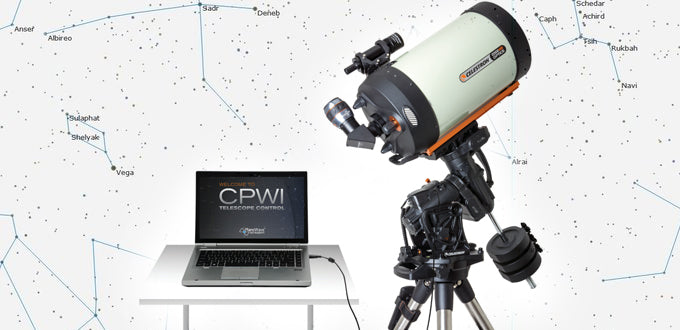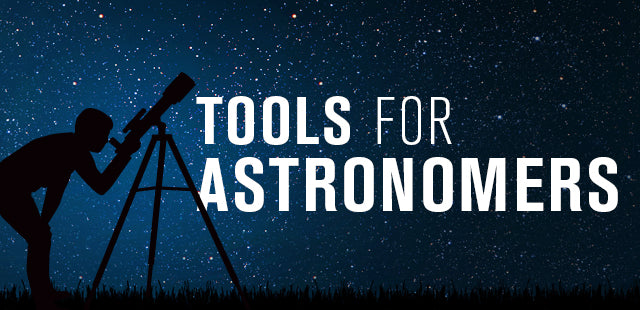Why do I only see stars as points of light even when using my highest power eyepiece?
November 15, 2018

Planets, the Moon, and the Sun are much closer and will show discernible disks and details even at low or medium powers in most telescopes. Nebulae and galaxies are also very far away but are so enormous that they will also show details in many telescopes.
What you will see looking at stars at high magnifications (assuming a steady atmosphere) is an optical pattern known as the diffraction pattern. It appears as a bull’s-eye with a bright, central area or disk surrounded by one or more concentric rings but is not the actual disk of the star you are seeing. The diffraction pattern is due to how the telescope’s circular lens or mirror acts on light from a pinpoint source like a star.

